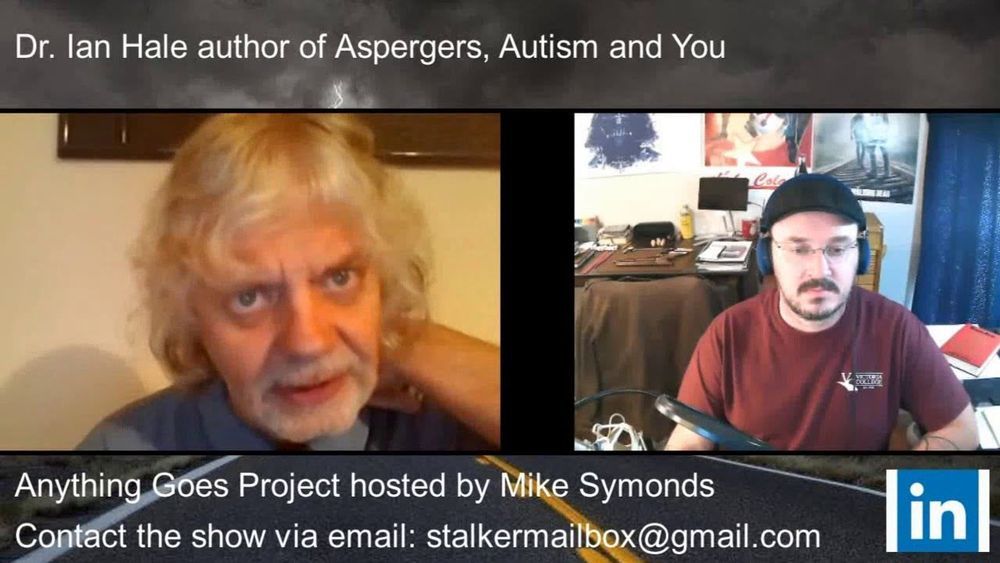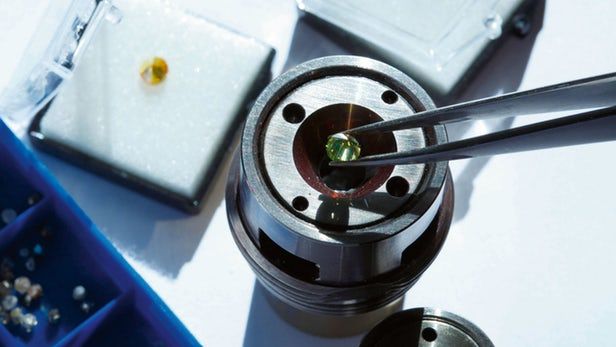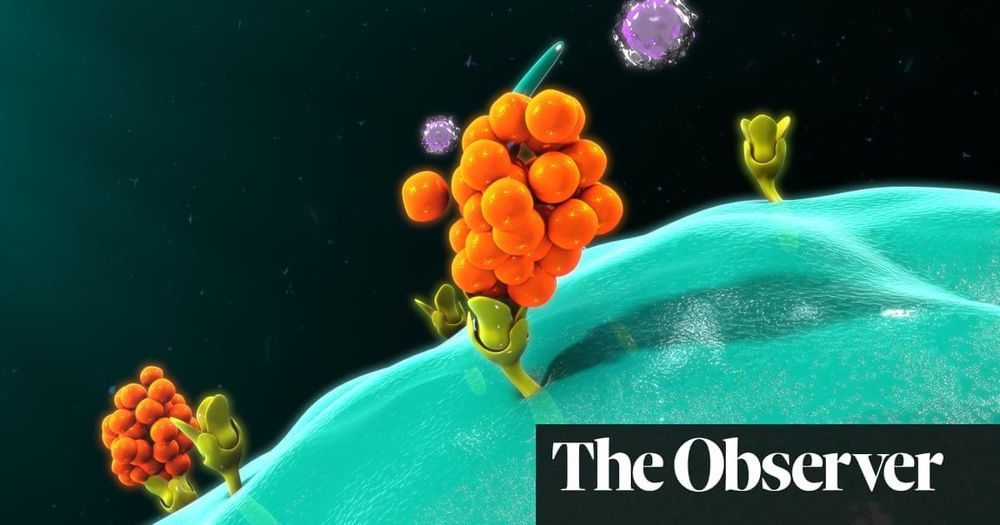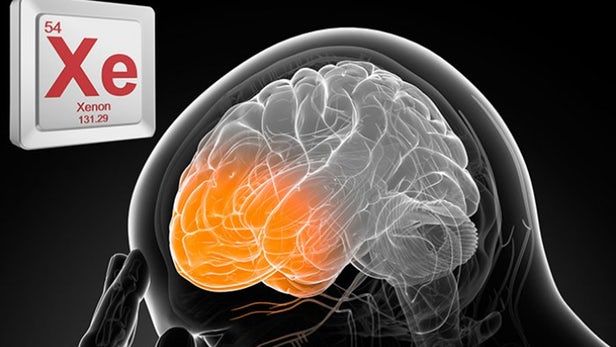Page 8796
May 27, 2019
Drug-resistant infections could be starved of nutrients using existing medicines
Posted by Genevieve Klien in categories: biotech/medical, futurism
Microorganisms like bacteria and fungi are increasingly becoming resistant to our best drugs, which is hurtling us towards a terrifying future where once-easily-treated infections become potentially life-threatening again. In a new approach to this problem, researchers from the University at Buffalo and Temple University have tested an alternative to antibiotics that uses existing drugs to starve a fungal infection of vital nutrients.
May 27, 2019
How virtual reality can help diagnose early Alzheimer’s disease
Posted by Genevieve Klien in categories: biotech/medical, neuroscience, virtual reality
An exciting new study from the University of Cambridge is demonstrating how a novel virtual reality navigation test can better predict which patients are in the early stages of Alzheimer’s disease compared to other currently used “gold standard” cognitive tests.
May 27, 2019
Colliding lasers double the energy of proton beams
Posted by Genevieve Klien in categories: biotech/medical, innovation
Researchers from Sweden’s Chalmers University of Technology and the University of Gothenburg present a new method which can double the energy of a proton beam produced by laser-based particle accelerators. The breakthrough could lead to more compact, cheaper equipment that could be useful for many applications, including proton therapy.
Proton therapy involves firing a beam of accelerated protons at cancerous tumours, killing them through irradiation. But the equipment needed is so large and expensive that it only exists in a few locations worldwide.
Modern high-powered lasers offer the potential to reduce the equipment’s size and cost, since they can accelerate particles over a much shorter distance than traditional accelerators — reducing the distance required from kilometres to metres. The problem is, despite efforts from researchers around the world, laser generated proton beams are currently not energetic enough. But now, the Swedish researchers present a new method which yields a doubling of the energy — a major leap forward.
Continue reading “Colliding lasers double the energy of proton beams” »
May 27, 2019
Anything Goes Project: Dr. Hale author of Asperger’s, Autism and You
Posted by Ian Hale in category: neuroscience

Dr. Hale is a Highly Professional and Experienced Influencer, problem-solving educator and researcher. A multi-award-winning author and speaker on Autism and Aspergers. He is able to explain, design, and administer a wide range of strategies, coaching, and courses to levels in an effective and flexible manner within a broad spectrum of different environments.
His latest book can be found here: https://www.amazon.com/Aspergers-Auti?tag=lifeboatfound-20…
Continue reading “Anything Goes Project: Dr. Hale author of Asperger’s, Autism and You” »
May 27, 2019
New superconductivity record edges closer to room temperature
Posted by Klaus Baldauf in category: materials
No matter how good a material is at conducting electricity, there’s usually some resistance – unless you use superconductive materials. Since they can conduct electricity with absolutely no loss, they could be revolutionary if not for one little problem: they only work if kept extremely cold. But now researchers at Max Planck have reported a new record high temperature for superconductivity, at a toasty −23° C (−9.4° F).

In Japan people can expect to live beyond 84 years on average—yet in Lesotho life expectancy is just 53 years. The age at which people die still depends a lot on where they live.
May 26, 2019
Want to live for ever? Flush out your zombie cells
Posted by Paul Battista in category: life extension
As time passes, the number of damaged, ‘senescent’ cells in our bodies increases. These in turn are responsible for many effects of ageing. Now scientists are working to eliminate them.
May 26, 2019
Computer Scientists Expand the Frontier of Verifiable Knowledge
Posted by Paul Battista in categories: computing, quantum physics
The universe of problems that a computer can check has grown. The researchers’ secret ingredient? Quantum entanglement.
May 26, 2019
Xenon gas revealed to offer long-term protection following traumatic brain injury
Posted by Paul Battista in categories: biotech/medical, neuroscience
A new study has affirmed the anesthetic drug xenon can help prevent long-term damage associated with traumatic brain injury (TBI). The researchers, from Imperial College London and Johannes Gutenberg University Mainz, have effectively demonstrated in mice that if xenon is administered within a few hours of a TBI it can prevent brain tissue damage that would result in long-term cognitive problems.
















